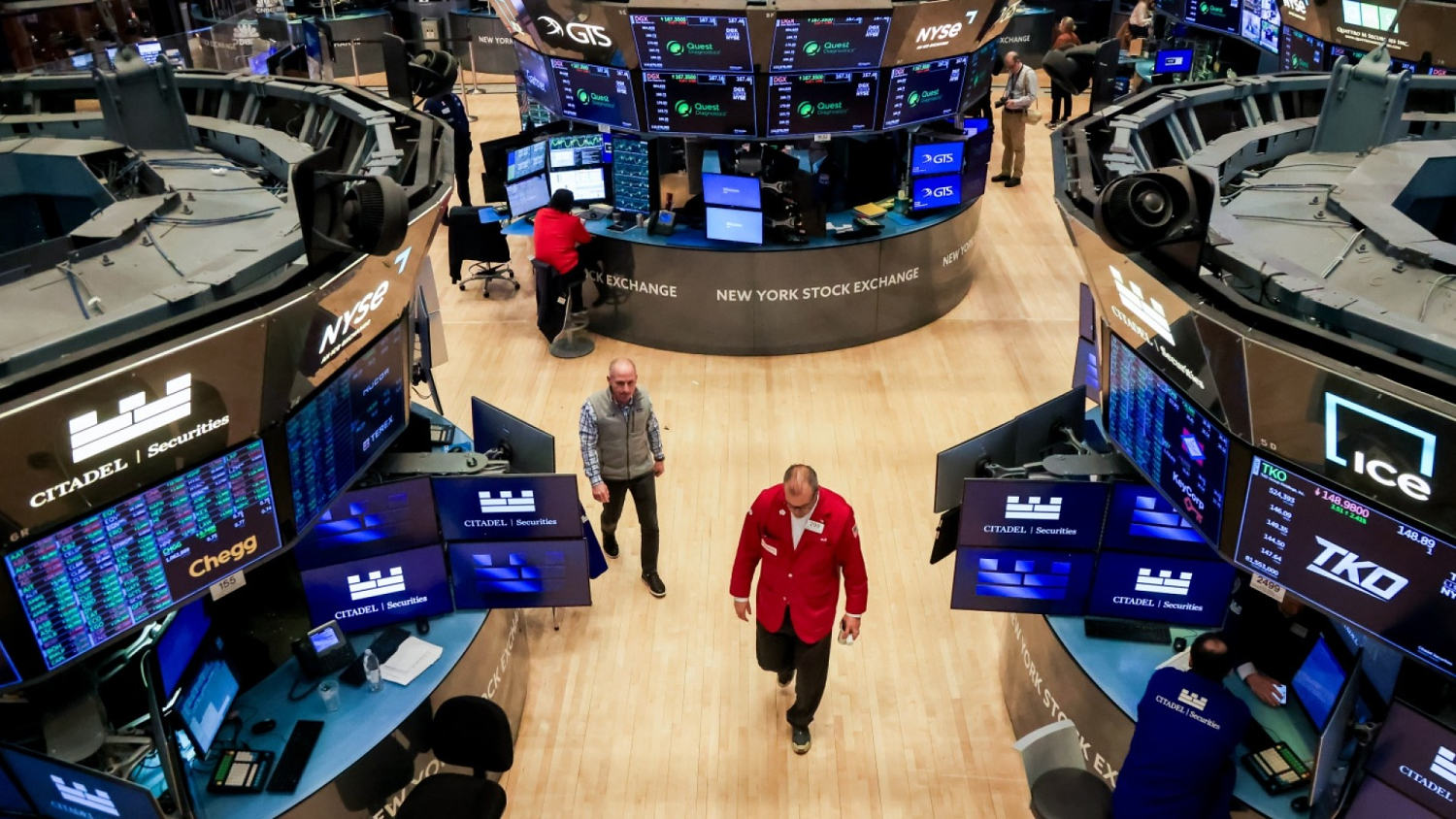South Lebanon is a lesson in steadfastness — an obstinate and determined testament to the willingness of an indigenous people to confront their occupier and… It is difficult to overstate the centrality of shipping to contemporary capitalism. Indeed, without shipping, it is difficult to imagine the birth of capitalism at all. Between 80 and 90% of world trade takes place via shipping, accounting for around 50% of the value of all trade in goods for the European Union and the United States, a figure which rises to 60% for China. Together, these economies account for half of the global GDP. Laleh Khalili, The Corporeal Life of Seafaring. MACK, 2024. 104 pages. But shipping is integral to capitalism beyond its status as the primary mode by which the circulation of goods takes place. Shipping also serves, and has always served, as a testing ground for new methods of worker discipline and exploitation. In this sense, it has long been a harbinger of changes in the global economy—from inaugurating the age of fossil fuel to prefiguring the gig economy to fine-tuning methods of racial hierarchy within the division of labor. Despite this role, life aboard ships has changed remarkably little since the beginning of the European colonization of the world (which was itself only logistically possible due to shipping): racial hierarchies, brutal and hyper-exploitative working conditions, super profits flowing from the periphery to the core. To examine the shipping industry, then, offers a vision of global economic exploitation in miniature, a condensed image of capitalist modernity, of the violence at its origin and the violence required to maintain it. Gulf Studies Scholar Laleh Khalili, who has long been concerned with issues of movement—of people, ideologies, cargo—has recently released a book, The Corporeal Life of Seafaring, which examines the the lives of seafarers and the ways in which they are, sometimes quite literally, shaped by the ships on which they sail. But Khalili’s book—a small, deep-sea blue volume, which, despite its diminutive size, is densely packed with historical, anthropological, and political-economic research—has just as much to say about the global economy that has formed shipping as we know as it does about seafarers themselves. The book draws both from Khalili’s knowledge of the history of and contemporary reality of shipping in the Gulf of Arabia, but it is also, in a way, a work of reportage and field work. In order to write the book, Khalili sailed on the CMA CGM Corte Real and the CMA CGM Callisto, living and eating with their crews. In August, I spoke with Khalili about The Corporeal Life of Seafaring, the centrality of shipping to the global economy, and the ways seafaring life has changed or, just as crucially, remained the same over time. ▼ Jake Romm: I wanted to talk a little bit about logistics studies writ large, because I think that when many people think of logistics studies, they think that it simply means studying the most efficient way to move something from point A to point B. But of course it’s much more than that. And in your writing elsewhere, you talk about the centrality of logistics studies to understanding capitalism as well as the global economy and the geopolitical structure of the world. I was wondering if you could explain what logistics studies actually is, how shipping figures into it, and its importance for our understanding of capitalism. Laleh Khalili: On the question of logistics studies, it’s kind of funny because I’m not necessarily sure that I would consider myself too much of a logistics studies person. The kinds of things that I’m concerned with are not necessarily just the questions of logistics. What I’m interested in more broadly speaking, along with other comrades like Charmaine Chua, Rafeef Ziadah, Deb Cowan, or Martin Danyluk, and a number of other people that I have coauthored with and other colleagues that are working in this area, is the question of, as you say, the centrality of the movement of goods from point A to point B, but not simply this movement of goods, because what logistics entails is the process of acquiring or extracting primary materials. It includes the movement to the production sites, it includes the kinds of politics of movement itself, which necessarily brings not only workplace politics into play, as for example, you see a lot in The Corporeal Life of Seafaring, but also the broader kind of macropolitics that are observed between states and transnationally, and across time as well. And in fact I would say that what perhaps began the field in its critical iteration was Deb Cowan’s extraordinary The Deadly Life of Logistics, which came out in 2014, and which was actually crucial in allowing us to see that the way the simple circulation of cargo throughout the world in order to keep the operation of capital going was also dependent on labor. It was also dependent on war. It was also dependent on a whole series of processes, including managerial softwares, and coercion, custom, and forms of contention that emerged in those settings. And I think we’re all indebted to Deb for that critical queering of the field of logistics studies. But of course, we all went in different directions. So for me, one of the things that was really interesting from the get-go was the fact that a lot of the time when people talk about logistics, unless they’re talking about military logistics, what they often mean is cargo in containerized shipping. A lot of the histories of shipping or a lot of the histories of modern commercial logistics in fact begin with the invention of the standardized container in the 1950s, and then its consolidation and its kind of hegemony from the 1970s and ’80s onwards. What was really interesting to me was that the process of containerization was completely and utterly predicated on a lot of the practices, management styles, and even actually the kinds of softwares that were used, as well as the kinds of processes and the kinds of relationships that were obtained between management and workers that had already been tested out in oil tankers, which had been around since the end of the 19th century, but really the beginning of the 20th century. So still staying big picture—seafarers’ daily bodily life aboard the ship is the main concern of the book. But before getting to the seafarers themselves, I think it’s maybe important to give people a bit more context about the type of industry that shipping is, because it’s really wild. And I think the ownership structures of these ships are just in some sense almost comical in how byzantine they are— Completely sinister actually. Definitely. I think of the Ruby Mar, the ship that the Houthis sank in March. Both the Houthis and the British themselves, I think, believed it to be a UK ship, but only because the Lebanese man who owned the ship had a single residential address in the UK for insurance purposes, a country which the ship otherwise had nothing to do with. I’m not sure that he was Lebanese, actually, I think wasn’t Ruby Mar the one that had an Israeli ship owner who had registered the ship in the Isle of White or the Isle of Man? It was a Lebanese businessman and it was flying under the Belizean flag. But, either way, this is kind of illustrative of the point… It is often quite unclear what the ownership structures are. So to talk a little bit about this: for people that have, for their sins, read Marx’s Capital, logistics really fits in volume two, which is concerned with questions of circulation and the extent to which questions of circulation actually feed into the processes of capital accumulation. So one of the things that makes ownership structures within shipping particularly of interest, not just to people who are ship nerds or maritime nerds, is the fact that in some ways they actually intensify, they embody, they distill the characteristics of capital as it is operating today in its purest form. What does that mean? That means that you have the processes of value extraction and exploitation that we are all familiar with, because of course that is what seafarers do, and of course, that’s what Marx writes about in regard to train workers or train operators in Capital volume two. But there are other legal processes and political layers added to the processes of ownership and exploitation, which make shipping a clusterfuck, technical term. The ways in which it’s a clusterfuck is exactly the ways in which capitalism takes shape in each sector, absorbing the preexisting forms of ownership and preexisting forms of exploitation, incorporates them and builds upon them. Because the residues of previous systems all continue to exist in various forms, depending on the context, in capitalism everywhere. And we see that also in shipping. So one of the things that has characterized shipping for a very long time, is that shipping
Related Posts

Technical Analysis: 4 Stocks with signs of death crossovers to keep an eye on

HDFC Bank & 3 other fundamentally strong stocks trading above 200 DMA to keep an eye on

Falling Channel Breakout: Multibagger NBFC Stock Shows Bullish Momentum on Daily Chart

4 Fundamentally strong stocks to buy for an upside potential of up to 36%; Do you hold any?





